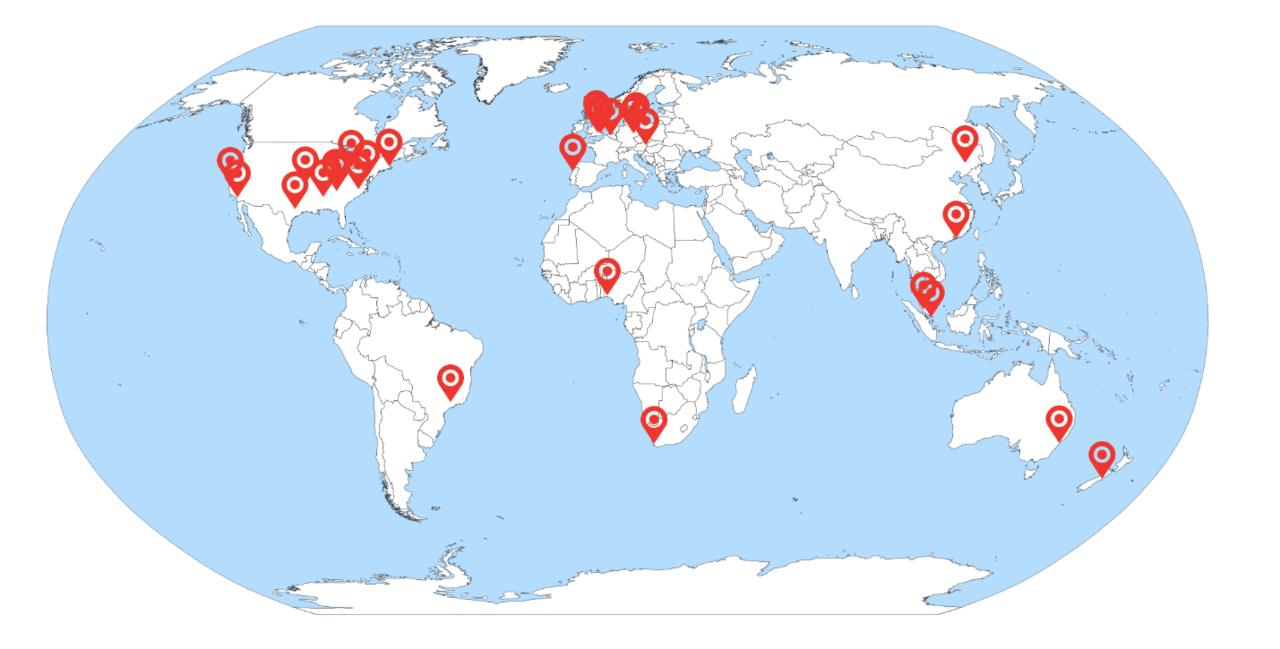Diverse Views in Science | Global statements on diversity: Lucka Bibic
Published in Chemistry

By Lucka Bibic, PhD Candidate, University of East Anglia.

In your opinion, which scientific questions will set the trends in the coming decade, and which science problems would you like to tackle?
Many of the scientific challenges we face today are new and there will undoubtedly be others that arise in the future. Such questions will demand innovative approaches and solutions to overcome them. However, no longer are higher education institutions able to train graduates to address all of the current and emerging challenges from a singular disciplinary source. Interdisciplinary approaches to research and training are essential underpinnings to best meet the dynamic needs of today’s higher education students. Multiple viewpoints and areas of expertise can leverage synergic team efforts to problem-solving, innovation, training next-generation leaders, and advancing research and development. But how to create and later empower a diverse workforce? This is, I believe, one of the problems that I’d like to tackle in the coming decade.
How do you experience diverse leadership, diversity in your lab, publication and peer-review, promotion and career progression, in your host country? What are the impediments for creating inclusive, equitable research labs, departments and practices?
While pursuing my Ph.D. in a laboratory in Norwich (UK), the labs there attract people from all over the world, and getting to interact with them not only enriched me personally, but it also made me a better thinker. I was exposed, daily, to challenges from different disciplines and perspectives – challenges that made me better to explain the rationale and conclusions of my research. The international environment forced me to consider different perspectives, to begin with, and helped me to communicate my ideas more clearly in the end. This back-and-forth between challenge and response was what drove my work forward.
What is your message to the next generation of scientists, and what are your tips for their success?
Diversity in the lab exposes my research to a wealth of different perspectives and I believe that being inclusive gives research groups a competitive edge. I was fortunate to be able to build on that experience at the very start of my career. During my undergraduate studies at the University of Ljubljana (Slovenia), the Eureka grant coupled together with the Erasmus Program gave me financial support for 1.5 years master study in a drug delivery lab at the University of Copenhagen (Denmark) before I embarked on my Ph.D. at the University of East Anglia (UK). The people I collaborated with had backgrounds in immunology, medicine, psychology, education and even computer science. Throughout these international experiences, I learned that our different scientific backgrounds, research topics and our different ethnicities and cultural upbringings push me outside of my comfort zone. Thus, I believe that the future demands a new mindset in which diversity and inclusion are explicitly linked to one’s success. I’d urge young scientists to apply for exchange programs which can improve their intra-cultural skills and work capacities.





Please sign in or register for FREE
If you are a registered user on Research Communities by Springer Nature, please sign in